Future Technologies
NQF Level:
Credits:
Minimum Duration:
Faculty:
Department:
Accreditation Authority:
Why Choose This Qualification?
Admission Requirements.
- NQF Level 5 Higher Certificate in ICT or related field.
- National Certificate Vocational (NCV) at NQF Level 5.
- Recognition of Prior Learning (RPL) for relevant work experience.
Qualification Structure.
- Emerging Technologies and Innovation 621 (15 Credits)
- Data Science and Analytics 600 (15 Credits)
- Cybersecurity and Network Essentials 600 (15 Credits)
- ICT Project Management and Ethics 600 (15 Credits)
Semester 2:
- Emerging Technologies and Innovation 622 (15 Credits)
- Work Integrated Learning (WIL) 600 (15 Credits)
Electives (Choose any two):
- Cybersecurity Essentials 600
- Applications Development 600
- AI Fundamentals 600
- Cloud Computing 600
- Foundations of Robotics 600
- Game Design and Storytelling 600
Learning Outcomes.
- Lead technological innovation with advanced knowledge in AI, data science, and cybersecurity.
- Manage ICT projects and ethical considerations.
- Apply practical solutions in cloud computing, robotics, or game design.
- Transition to leadership roles in future-focused industries.
International Comparability.
- Foundation Degree in Computing (UK): Emphasis on practical and academic training.
- Associate of Science in IT (USA): Focused on industry readiness and innovation.
Qualification Modes of Delivery and Support.
- Contact Learning: In-person expert-led sessions.
- Blended Learning: Online and face-to-face interactions.
- Distance Learning: Self-paced study supported by digital tools.
Career Opportunities.
- AI Engineer
- Data Analyst
- Cybersecurity Specialist
- Cloud Solutions Architect
- Digital Project Manager
- Forensic Computer Analyst
Articulation Options.
- Horizontal: Advanced Certificate in Business Administration and Future Technology (NQF Level 6).
- Vertical: Bachelor’s Degrees in ICT, Data Science, Cybersecurity, or AI (NQF Level 7).
- Diagonal: Occupational Certificates in interdisciplinary ICT fields.
Ensure Compliance, Empower Financial Accuracy.
With the Occupational Certificate in Tax Technology, you’re not just earning a qualification—you’re stepping into a crucial role in maintaining tax compliance and supporting financial accuracy. Gain the expertise to manage tax calculations, ensure VAT and payroll compliance, and navigate complex tax regulations with confidence.
Don’t wait to become an essential part of the financial sector.
Enroll today and build a career where you secure financial integrity and guide clients with precision!




